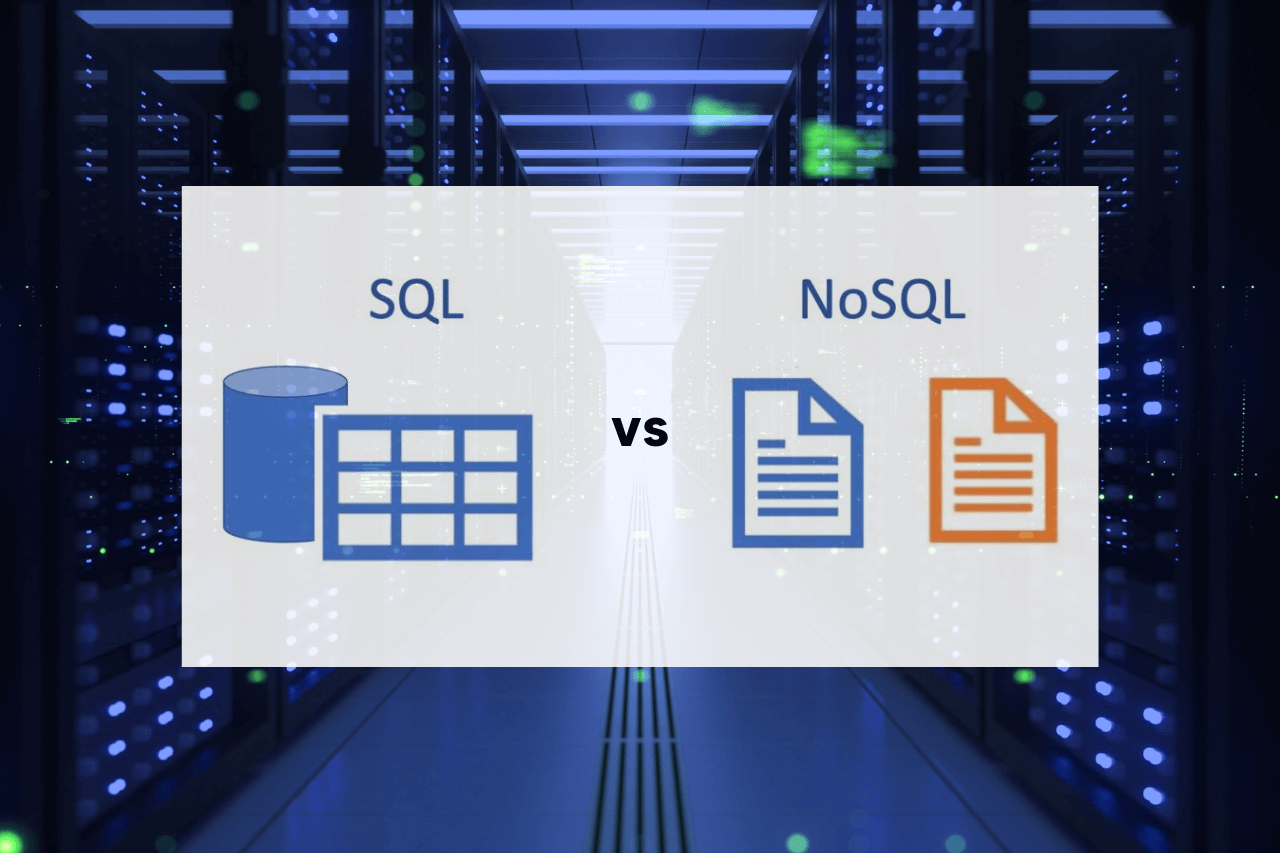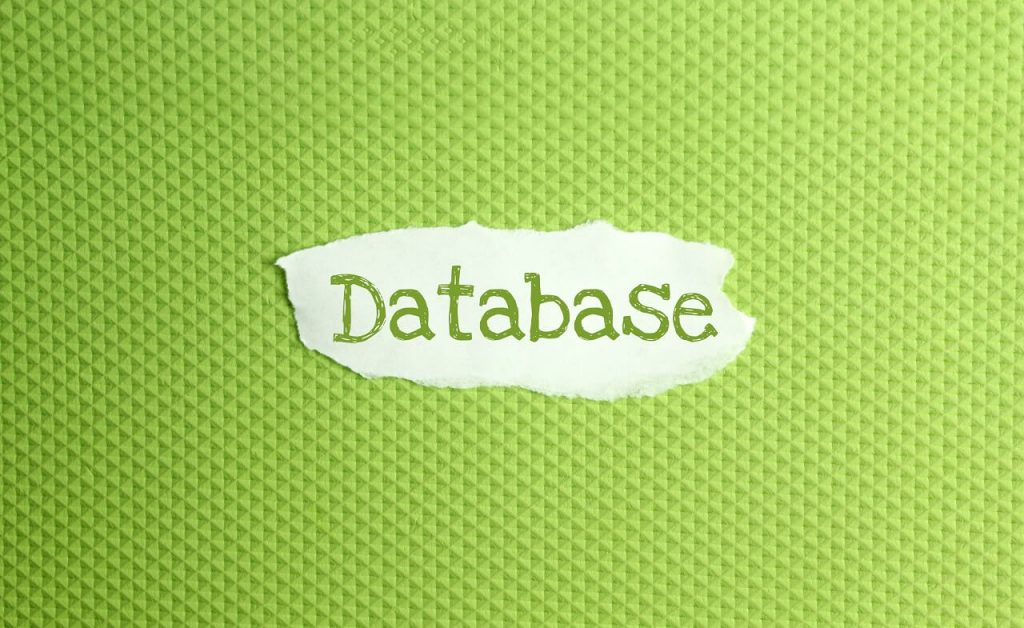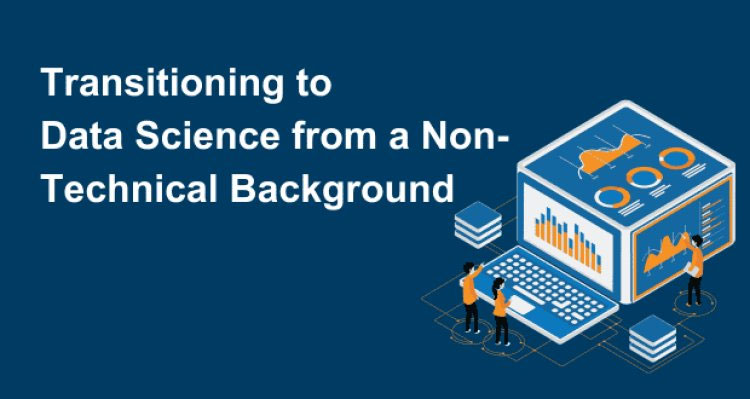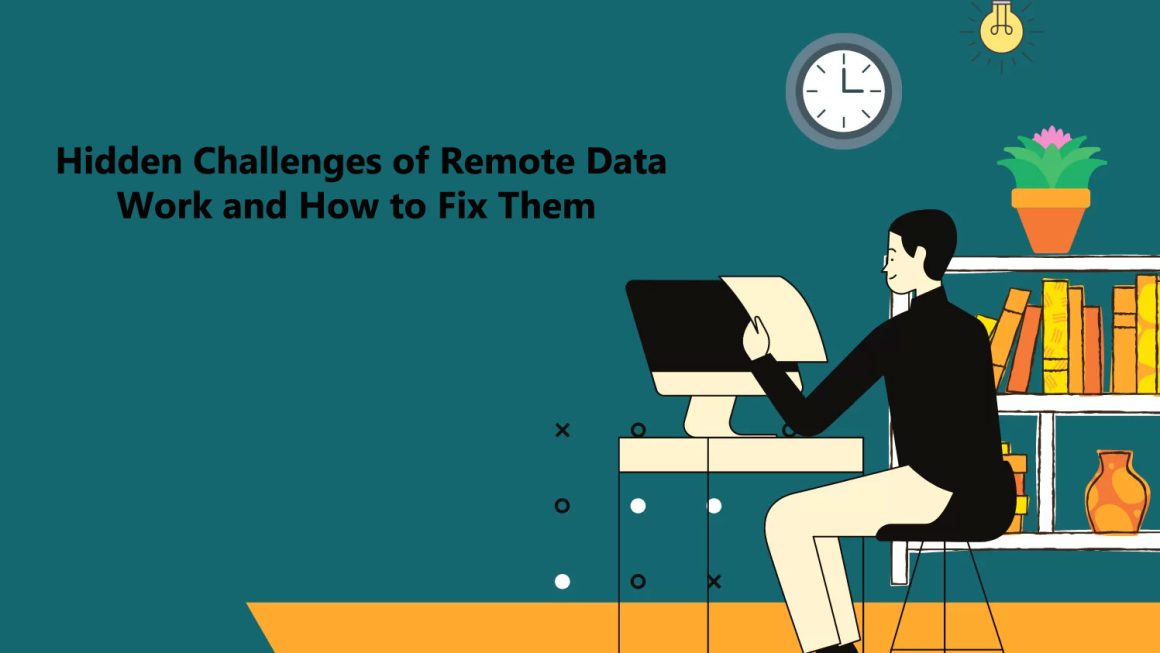SQL vs NoSQL
When it comes to choosing a database for your project, one of the crucial decisions you need to make is whether to go with a SQL (Structured Query Language) or NoSQL (Not Only SQL) database. Both options have their strengths and weaknesses, and understanding the differences between them is essential for making an informed choice. In this article, we will explore the characteristics of SQL and NoSQL databases, highlighting their key features and use cases.
What is SQL?
SQL, or Structured Query Language, is a programming language designed for managing and manipulating relational databases. It provides a standardized way to interact with structured data, enabling users to define, query, and manipulate data stored in a tabular format. SQL databases are based on the relational model, where data is organized into tables with predefined schemas, and relationships between tables are established using primary and foreign keys.
You’re reading the article, SQL vs NoSQL: Choosing The Right Database for Your Project.
Key Points
- SQL databases are widely used and have been around for decades.
- They offer a high level of data integrity and consistency.
- ACID (Atomicity, Consistency, Isolation, Durability) properties ensure reliable transactions.
- SQL databases are ideal for complex, structured data with well-defined relationships.
- Popular SQL databases include MySQL, PostgreSQL, Oracle, and SQL Server.
You’re reading the article, SQL vs NoSQL: Choosing The Right Database for Your Project.
What is NoSQL?
NoSQL, or Not Only SQL, represents a new breed of database management systems that provide alternatives to traditional SQL databases. Unlike SQL databases, NoSQL databases are designed to handle unstructured or semi-structured data, offering more flexibility in data models and scalability. NoSQL databases use a variety of data models, including key-value, document, columnar, and graph, to store and manage data.
Key Points
- NoSQL databases are well-suited for handling large volumes of rapidly changing, diverse data.
- They offer high scalability and performance due to their distributed architecture.
- NoSQL databases are schema-less, allowing for more flexible data models.
- CAP (Consistency, Availability, Partition Tolerance) theorem guides the trade-offs in NoSQL databases.
- Popular NoSQL databases include MongoDB, Cassandra, Redis, and Neo4j.
You’re reading the article, SQL vs NoSQL: Choosing The Right Database for Your Project.
SQL vs NoSQL: Key Differences
- Data Model:
- SQL databases use a tabular, relational data model.
- NoSQL databases offer various data models, such as key-value, document, columnar, and graph.
- Scalability:
- SQL databases may face challenges when scaling horizontally.
- NoSQL databases are built for horizontal scalability, making them ideal for handling massive amounts of data.
- Flexibility:
- SQL databases have rigid schemas, requiring predefined table structures.
- NoSQL databases are schema-less, allowing for more flexible and agile development.
- Transactions:
- SQL databases guarantee ACID properties, ensuring reliable transactions.
- NoSQL databases prioritize scalability and may sacrifice some ACID properties for performance gains.
You’re reading the article, SQL vs NoSQL: Choosing The Right Database for Your Project.
SQL in Data Analysis
SQL plays a crucial role in data analysis and is widely used by data professionals for extracting insights from relational databases. It offers powerful querying capabilities, allowing analysts to write complex SQL queries to filter, aggregate, and join data. SQL also provides functions for statistical analysis, enabling users to perform calculations, summarize data, and generate reports. Data analysis jobs in India and worldwide often require proficiency in SQL due to its prevalence in the industry.
You’re reading the article, SQL vs NoSQL: Choosing The Right Database for Your Project.
Conclusion
Choosing the right database for your project depends on various factors, including the nature of your data, scalability requirements, and development flexibility. SQL databases excel in managing structured data with well-defined relationships, ensuring data integrity and consistency. On the other hand, NoSQL databases shine when dealing with unstructured or semi-structured data, offering high scalability and flexibility. Ultimately, the choice between SQL and NoSQL depends on the specific needs and goals of your project.
In summary, SQL and NoSQL databases each have their strengths and use cases. Understanding their differences empowers you to make an informed decision, aligning your project’s requirements with the most suitable database solution. Whether you opt for SQL or NoSQL, both options provide powerful tools to manage and analyze data effectively in today’s data-driven world.
Remember to thoroughly assess your project’s needs, consider the trade-offs, and leverage the advantages of SQL and NoSQL databases to build robust and scalable applications.
Hope you liked reading the article, SQL vs NoSQL: Choosing The Right Database for Your Project. Please share your thoughts in the comments section below.







